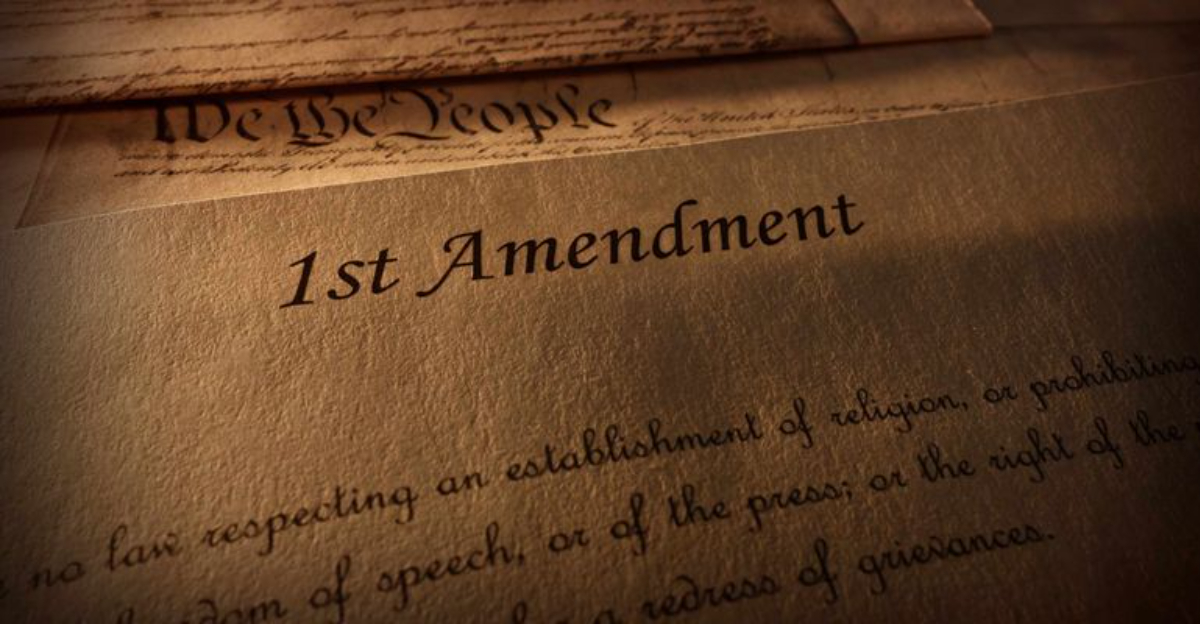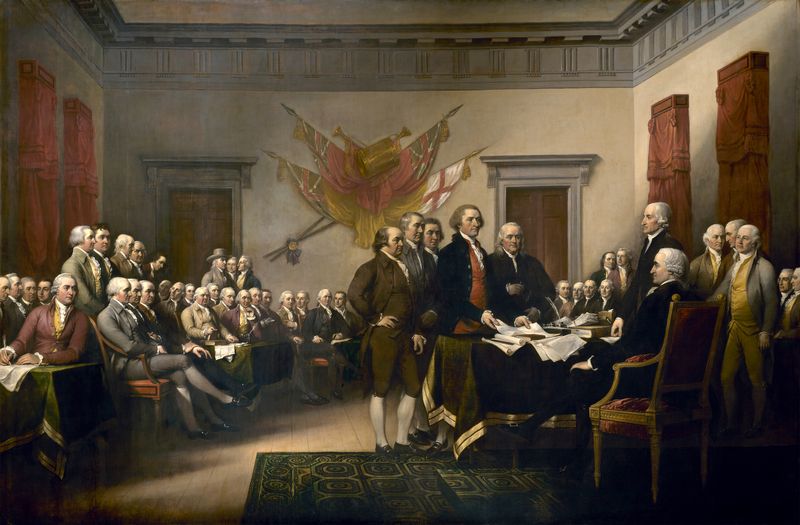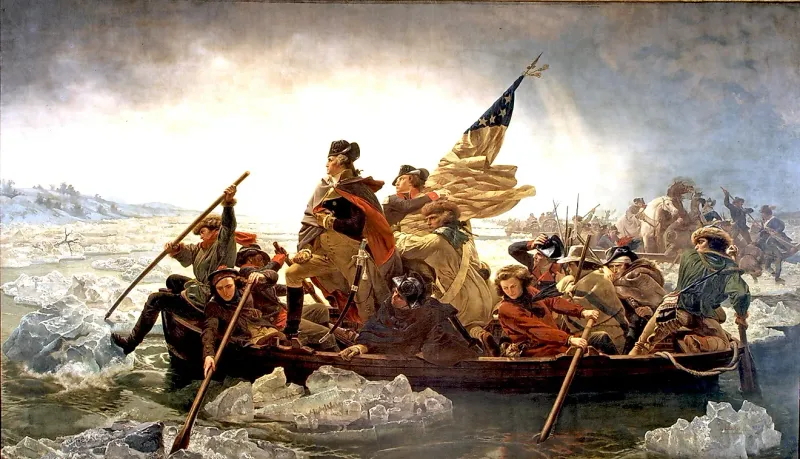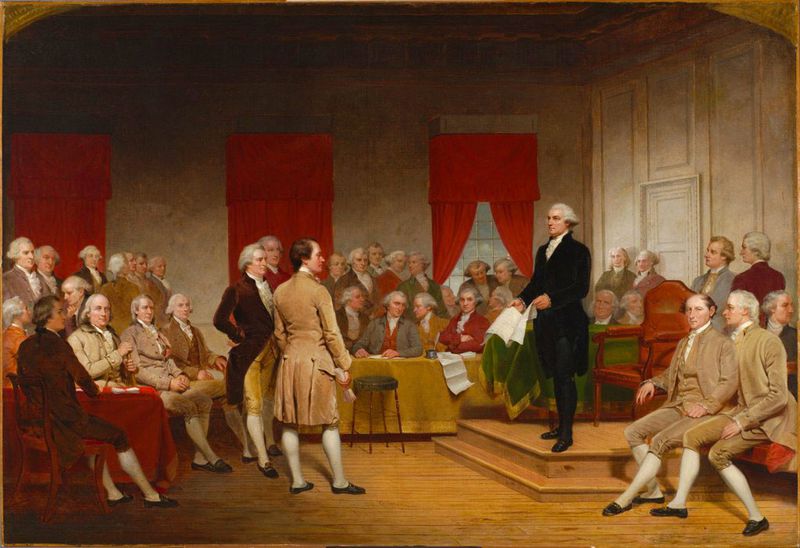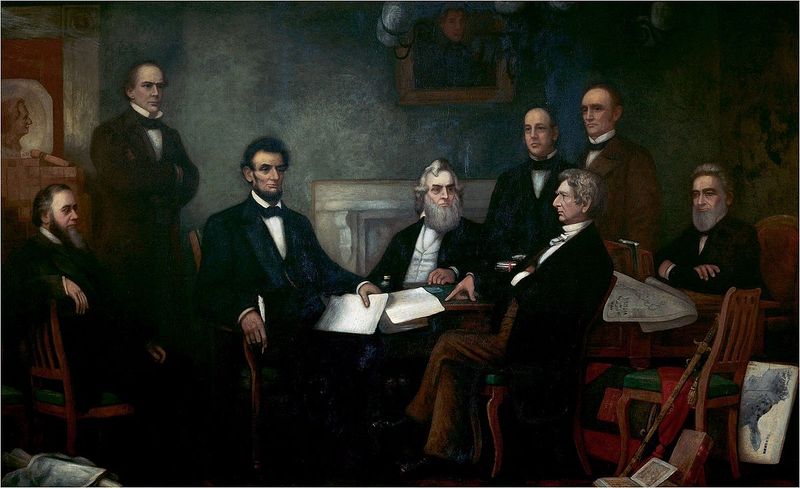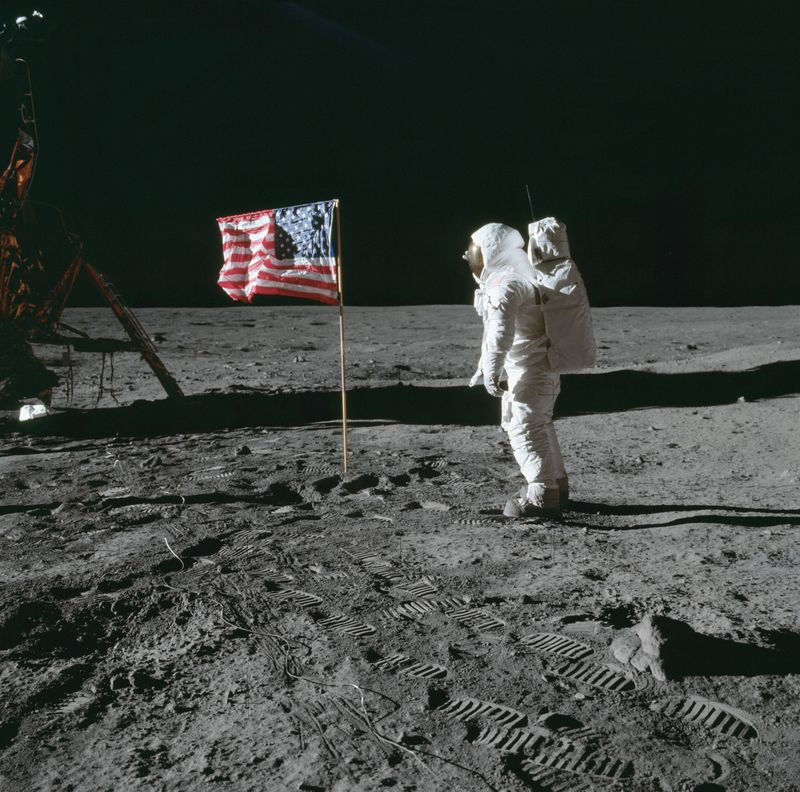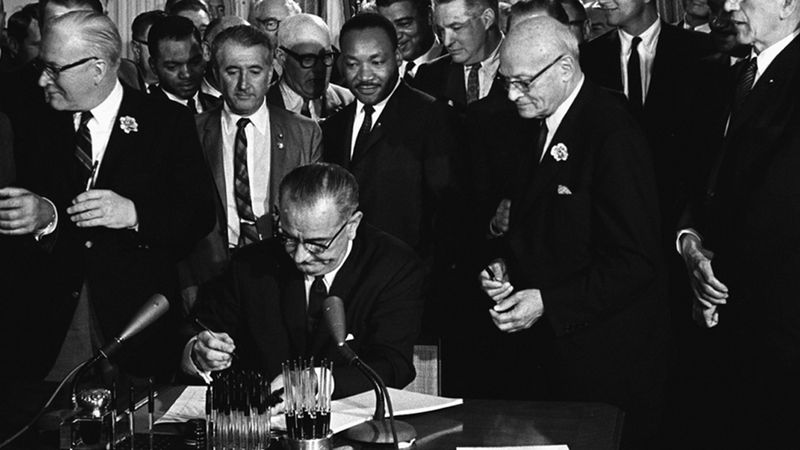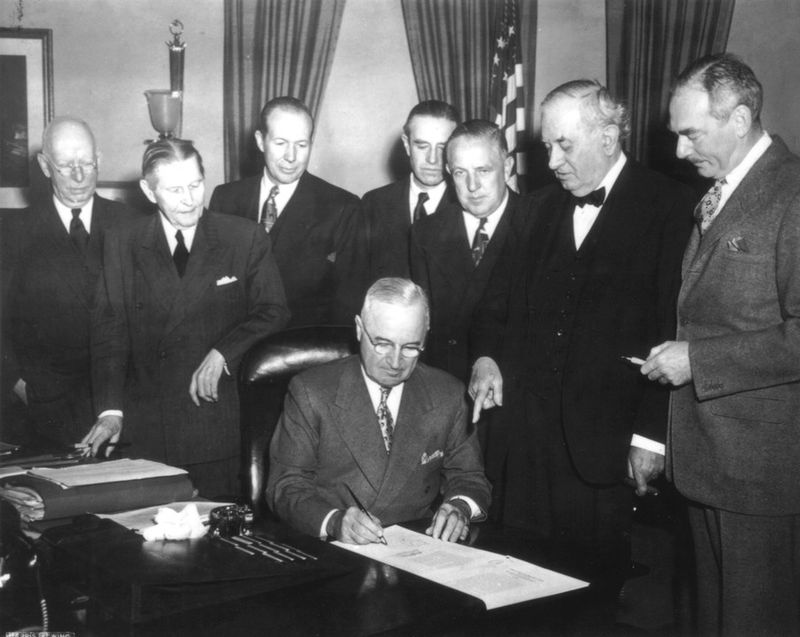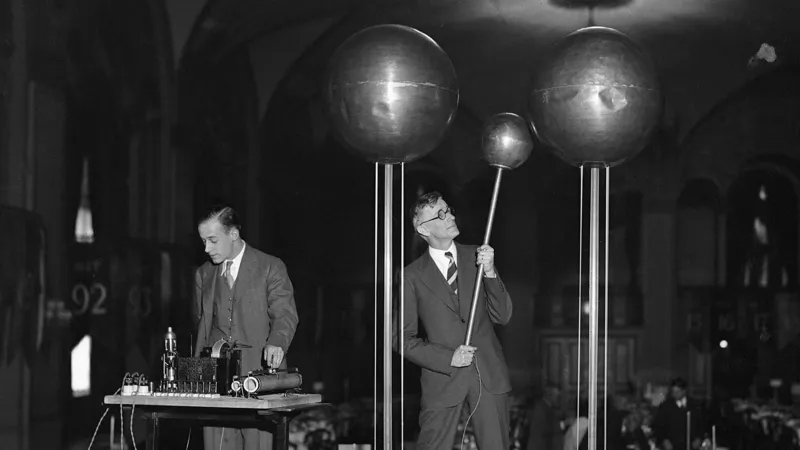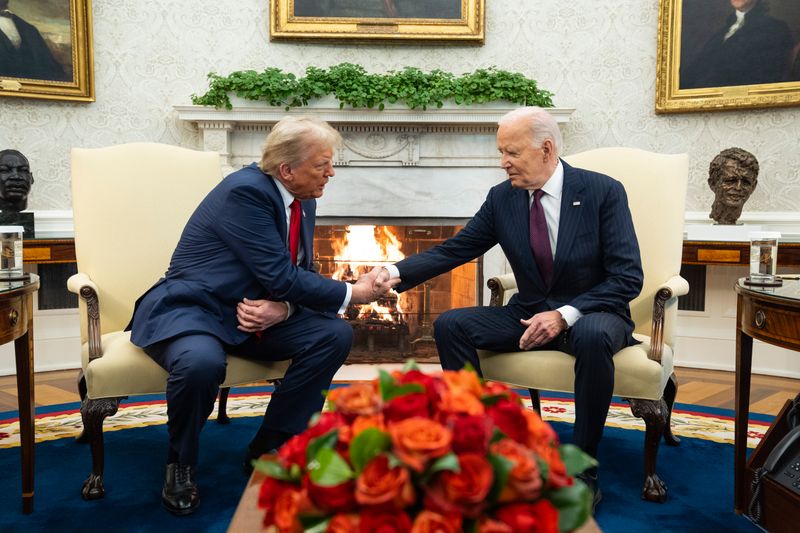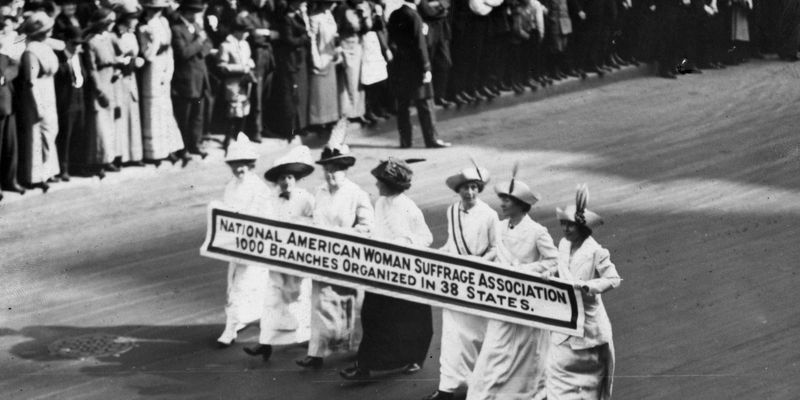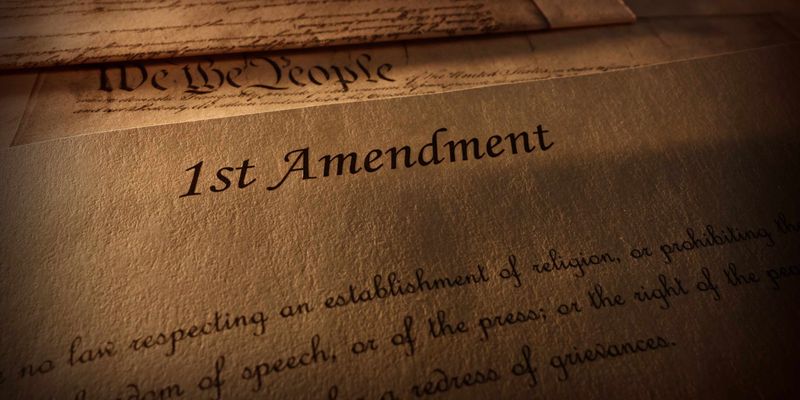America’s history is rich with moments that have defined its national character and influenced global progress.
These 15 triumphs are a testament to resilience, innovation, and the enduring spirit of freedom that shaped the destiny of the United States.
1. The Declaration of Independence (1776)
With a bold stroke of the pen, Thomas Jefferson and his fellow patriots declared a new nation in 1776. The Declaration of Independence was not merely a document; it was a manifesto of liberty that would forever change the world.
In rejecting tyranny, the Founding Fathers set the United States on a path towards self-determination and democracy. This act of defiance against British rule was a clear statement of human rights and the pursuit of happiness.
The Declaration’s powerful words continue to resonate, symbolizing the birth of a nation committed to freedom and justice for all.
2. Victory in the Revolutionary War
Against all odds, the young American colonies achieved victory over the British Empire in the Revolutionary War. With grit and determination, figures like George Washington emerged as national heroes.
The war was a struggle for the very soul of a new nation, a test of endurance and unity against the world’s most powerful military force.
The triumph secured independence and inspired future generations of Americans to fight for their beliefs, proving that freedom and perseverance could topple even the mightiest empires.
3. The U.S. Constitution (1787)
In 1787, the United States Constitution was drafted, laying the groundwork for a government rooted in democracy and civil rights. This document remains a living testament to the foresight of the Founding Fathers.
Crafted in Philadelphia, the Constitution established a framework that balances power among the branches of government and protects individual liberties.
Its enduring strength and adaptability have made it a model for nations worldwide, embodying the ideals of justice, equality, and the rule of law that define American democracy.
4. The Emancipation Proclamation (1863)
On January 1, 1863, President Abraham Lincoln issued the Emancipation Proclamation, a bold move toward ending slavery in the United States.
This executive order declared that all enslaved people in Confederate-held territory were to be set free, redefining the nation’s moral and constitutional landscape.
The Proclamation signaled a pivotal shift in the Civil War, aligning the union’s cause with the abolition of slavery and inspiring generations to continue the fight for equality and justice.
5. Victory in World War II (1945)
The end of World War II in 1945 marked a defining moment for America and the world. Under the leadership of figures like Dwight D. Eisenhower, the Allies defeated fascism, securing global peace.
America’s industrial might and military strategy were crucial in the victory that reshaped international politics and alliances.
This triumph reinforced the United States’ position as a global leader, committed to defending freedom and fostering democratic ideals in the post-war landscape.
6. The Moon Landing (1969)
In 1969, humanity took a giant leap as Neil Armstrong set foot on the moon. The Apollo 11 mission was a testament to American ingenuity and the spirit of exploration.
The moon landing not only fulfilled a national goal set by President Kennedy but also captivated the world’s imagination.
This achievement underscored America’s leadership in space exploration, inspiring generations to dream big and reach for the stars, proving that even the sky is not the limit.
7. Civil Rights Act (1964)
In 1964, the Civil Rights Act was enacted, marking a monumental step toward racial equality in the United States.
This legislation outlawed discrimination based on race, color, religion, sex, or national origin, transforming the social fabric of America.
Inspired by leaders like Martin Luther King Jr., this act was a victory for justice and human dignity, setting a precedent for future reforms and highlighting the ongoing struggle for civil rights.
8. The Marshall Plan (1948)
Implemented in 1948, the Marshall Plan was a landmark initiative that showcased America’s commitment to rebuilding war-torn Europe.
Led by Secretary of State George Marshall, the plan provided economic aid to help restore devastated economies and promote stability.
This humanitarian effort not only strengthened transatlantic relationships but also demonstrated the United States’ leadership in fostering peace and prosperity globally, beyond mere military might.
9. Fall of the Berlin Wall Support (1989)
In 1989, the Berlin Wall’s fall was a momentous occasion that symbolized the end of the Cold War.
American support and advocacy for freedom played a crucial role in this historic event, as President Ronald Reagan famously urged, “Mr. Gorbachev, tear down this wall!”
The collapse of the wall was more than a political victory; it was a triumph for human rights and freedom, marking a new chapter in global relations.
10. Technological Leadership and Innovation
America’s legacy of technological leadership is evident in its groundbreaking innovations, from Silicon Valley’s tech giants to NASA’s space exploration.
These advancements have transformed global communication, medicine, and computing, showcasing the United States as a hub of creativity and progress.
The spirit of innovation continues to drive the nation forward, ensuring that America remains at the forefront of technological and scientific discovery.
11. The Peaceful Transfer of Power
The peaceful transfer of power is a cornerstone of American democracy, exemplifying stability and adherence to democratic principles.
Throughout history, this tradition has been upheld even in turbulent times, demonstrating the resilience and strength of the nation’s democratic institutions.
This enduring practice underscores the importance of unity and respect for the rule of law, reinforcing America’s commitment to democratic governance.
12. Humanitarian Global Leadership
America’s role as a leader in global humanitarian efforts is a testament to its values of compassion and responsibility.
From disaster relief to foreign aid and peacekeeping missions, the United States has consistently shown its commitment to helping those in need.
This leadership extends beyond military might, emphasizing America’s dedication to fostering global stability and human dignity, reinforcing its position as a beacon of hope and support worldwide.
13. Women’s Suffrage (1920)
The ratification of the 19th Amendment in 1920 was a pivotal moment in the fight for gender equality.
Championed by leaders like Susan B. Anthony, the women’s suffrage movement overcame significant obstacles to secure voting rights for women.
This victory expanded democratic participation and highlighted the ongoing struggle for equality, inspiring future generations to continue advocating for women’s rights and social justice.
14. LGBTQ+ Rights Milestones
America’s journey toward LGBTQ+ rights is marked by significant milestones, from the Stonewall uprising to the legalization of same-sex marriage in 2015.
These advances reflect the nation’s growing commitment to inclusivity and equality for all, regardless of sexual orientation or gender identity.
The LGBTQ+ rights movement continues to inspire change, emphasizing the importance of acceptance and human dignity in the American narrative.
15. A Culture of Free Expression
The United States is renowned for its robust culture of free expression, a fundamental pillar of its democracy.
Protected by the First Amendment, freedom of speech, press, religion, and protest are cherished rights that empower citizens to voice their beliefs and advocate for change.
This commitment to free expression fosters a vibrant, open society where diverse perspectives can flourish, reinforcing America’s identity as a land of liberty and opportunity.
